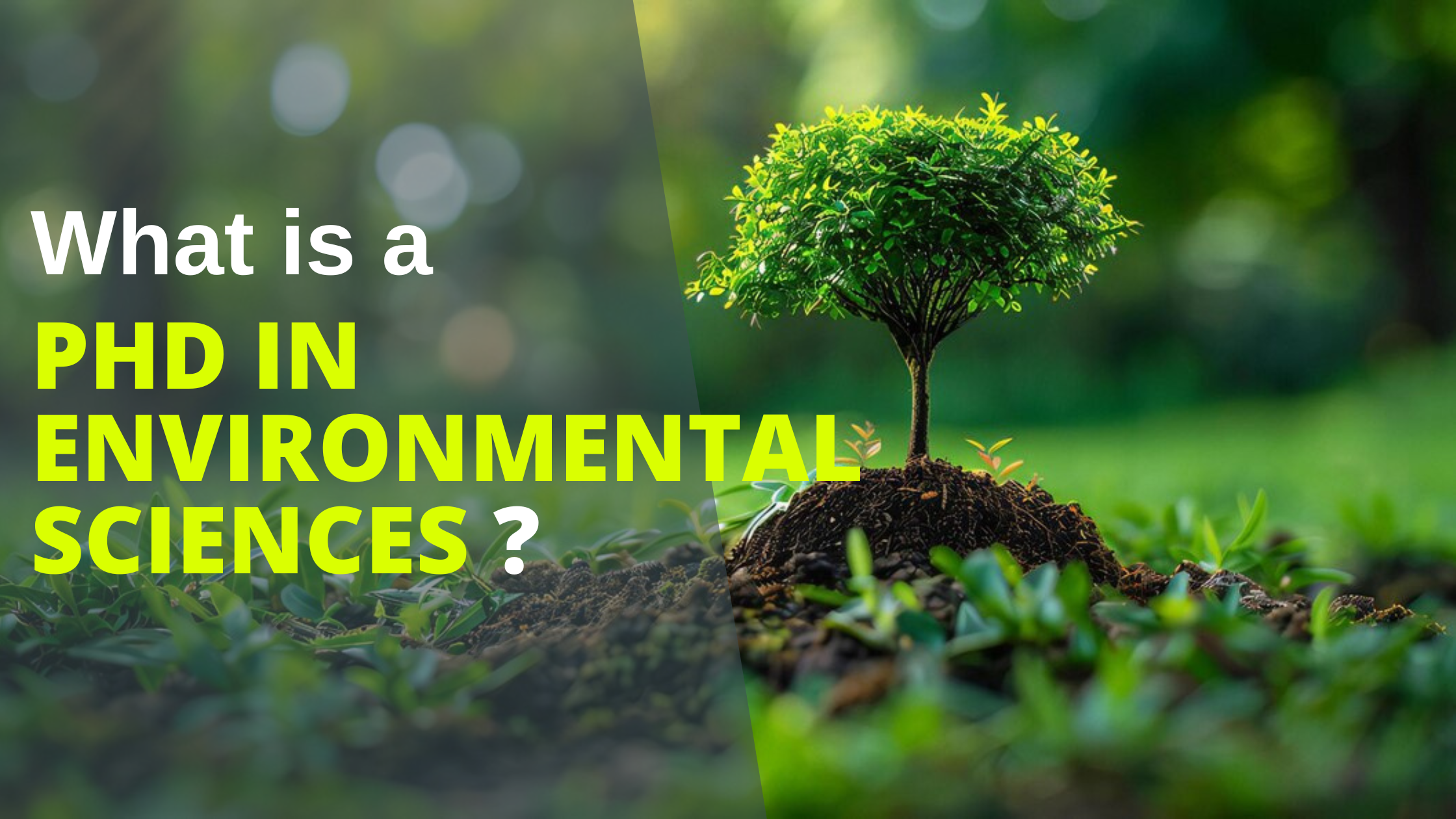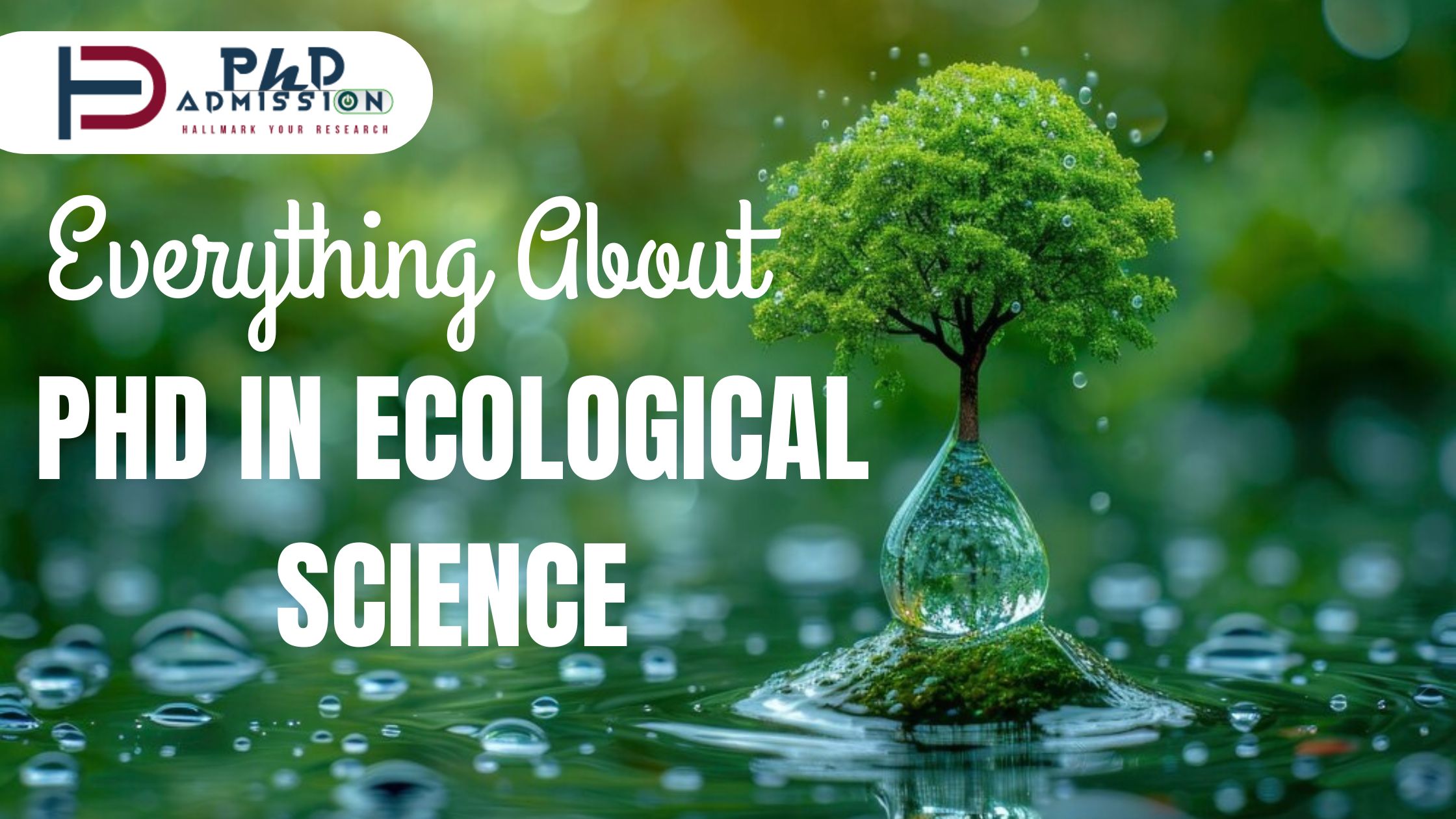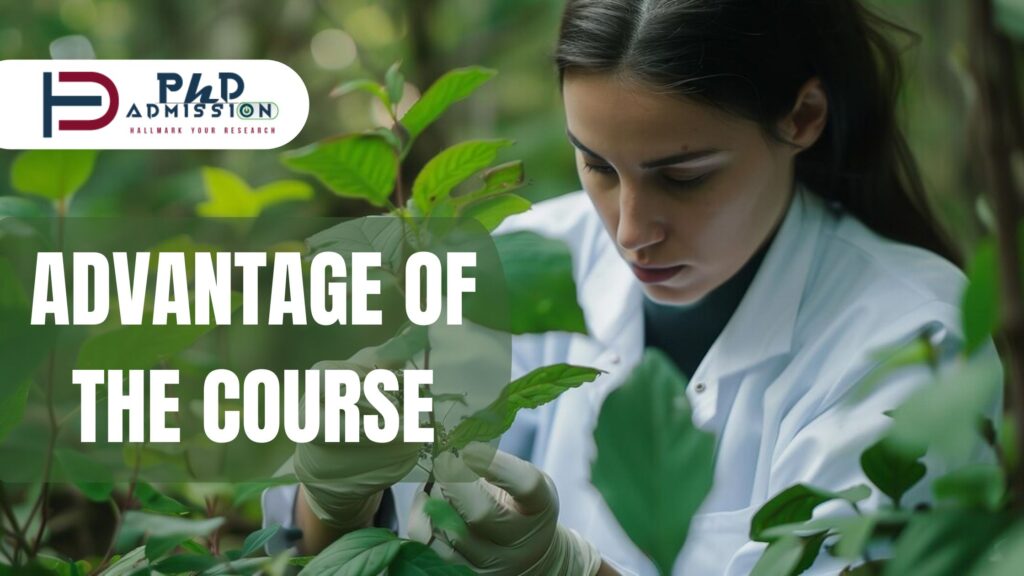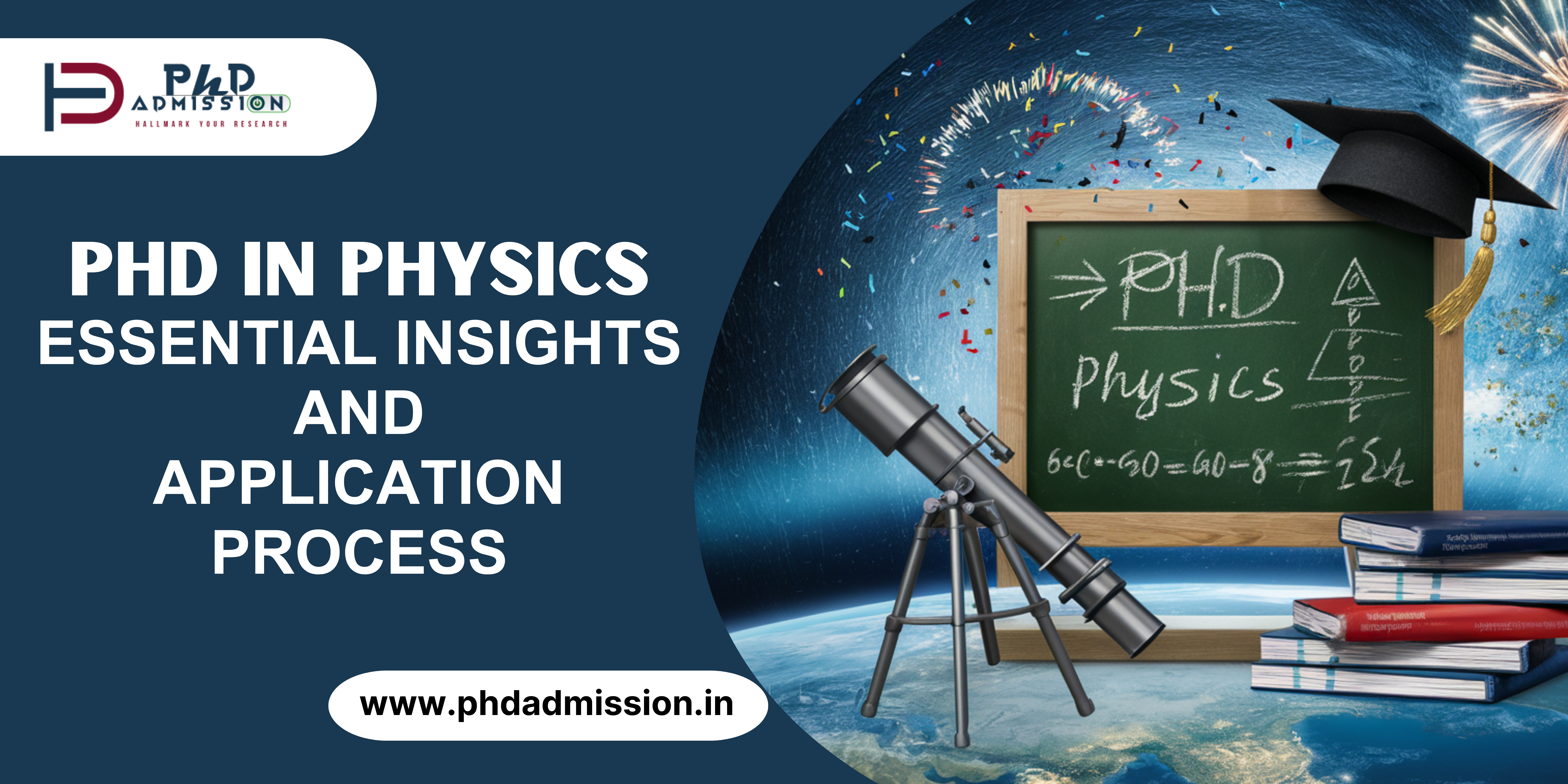An Overview of a PhD in Geography
A PhD in Geography is a research-based degree that prepares you to be a major contributor to the scientific community. With a PhD in geography, you can explore topics like international development and environmental conservation. You’ll also learn how to apply complex data sets from different sources, as well as conduct original research in your specialty area.
Table of Content
What is PhD in Geography
A PhD in Geography is a research-based degree that prepares you to be a major contributor to the scientific community. It’s also one of the most prestigious academic degrees out there and will give you an edge when applying for jobs or internships in academia.
In this guide, we’ll cover what exactly it takes to earn your PhD and where you can apply for funding. We’ll also explain how much money goes into earning this incredible title—and whether or not it’s worth it!
What Roles can you Pursue?
With a PhD in geography, you can pursue several roles. You can work in academia and teach at a university. You may also be able to find employment with government agencies or non-profit organizations that have an interest in your area of expertise.
Course Duration
A PhD in geography typically takes four to five years of University to complete. You will spend your time learning and researching, as well as writing papers and presenting your work at conferences.
A PhD in Geography is a research-based degree. This means that you will be doing original research on problems related to the field of geography, such as climate change or urbanization. Your work will involve collaborating with other experts in your field who have different areas of expertise than yourself; this will allow for a greater depth of understanding about certain topics than if one person were working alone on them.
You also need experience working with people who are very good at what they do so that you can learn from them without having any preconceived notions about how things should be done in academia (or anywhere else).
Key Areas
You will spend your first couple of years focused on coursework, then you will move into your specialization and research.
You should expect to complete around 30-35 credit hours of coursework during each year. This includes both general elective courses as well as required core courses that provide a broad overview of geography/geology at UBC. There are also optional courses available depending on what area(s) interest you most!
What Does a PhD in Geography Entail?
If you’re interested in a PhD in Geography, here are the main things to consider:
- Coursework. You will need to take courses on your own or with other members of your research team. You will also be required to write a dissertation proposal and defend it before an academic committee.
- Research. Your PhD program may include conducting original research and writing about it for publication in journals or books (if applicable).
- Teaching responsibilities may include teaching undergraduate classes at institutions where geography is offered as part of the curriculum; providing consultation services within academic departments; providing training workshops outside academia; advising graduate students toward completion of their dissertations; etc., depending on the specifics of each institution’s requirements.* Publications/publications record
Your graduate advisor will be very important to you, so be sure to pick a Good Match.
The person who will be your graduate advisor is one of the most important people in your life. You should pick someone who you can trust, who understands what you’re going through, and who knows how to help.
If possible, try to find out whether they have any connections with other faculty members at their university. This will make it easier for them to get funding for their research program and possibly even land a job after graduation!
Subjects
You can choose from a variety of subjects for your PhD in Geography and they include:
- Physical geography
- Human geography
- Environmental studies (e.g., climate change)
You should also consider which field you want to study, such as environmental science (or environmental studies), human geography, or physical geography.
Skills Required for a PhD in Geography

If you’re interested in pursuing a PhD in geography, here are some of the skills that will be useful:
- Mastery of the subject matter: You need to have a deep understanding of your field and be able to apply it effectively.
- Ability to solve complex problems: For your Research proposal or dissertation chapter to be accepted by an adviser and published in peer-reviewed journals, you must show that you can do this. This means writing well-reasoned arguments, making sure all sources are cited correctly (including references), formatting papers according to APA style guidelines (American Psychological Association), etc. It also means being able to work independently as well as collaboratively on projects together with other students or faculty members who might have different perspectives than yours; this is especially important when trying out new ideas or concepts because they may not always work out like planned at first glance!
Tips and tricks for PhD in Geography
A PhD in geography is achievable if you put in the hard work! The process is long, but it’s worth it when you look back at your accomplishments and realize that you’ve done something incredible. You will need to be committed to this goal at all times because there are no shortcuts or easy ways around getting a PhD.
If you want to do it, then some things can help:
- Be able to work independently – like having an independent mind and not needing anyone else for anything;
- Work well with others – being able to communicate well with others, both verbally and nonverbally;
- Work well with your advisor – having good communication skills on top of being able to communicate effectively within their field;
- Work well with peers – being able
Conclusion
If you want to pursue a PhD in geography and think you can handle all of the work, then we encourage you to go for it! The world needs your contributions and insight. But if at any point during your studies or research process, you feel overwhelmed by all (or even some) of these details, don’t worry—we have plenty more tips below that will help make life easier on yourself.



















